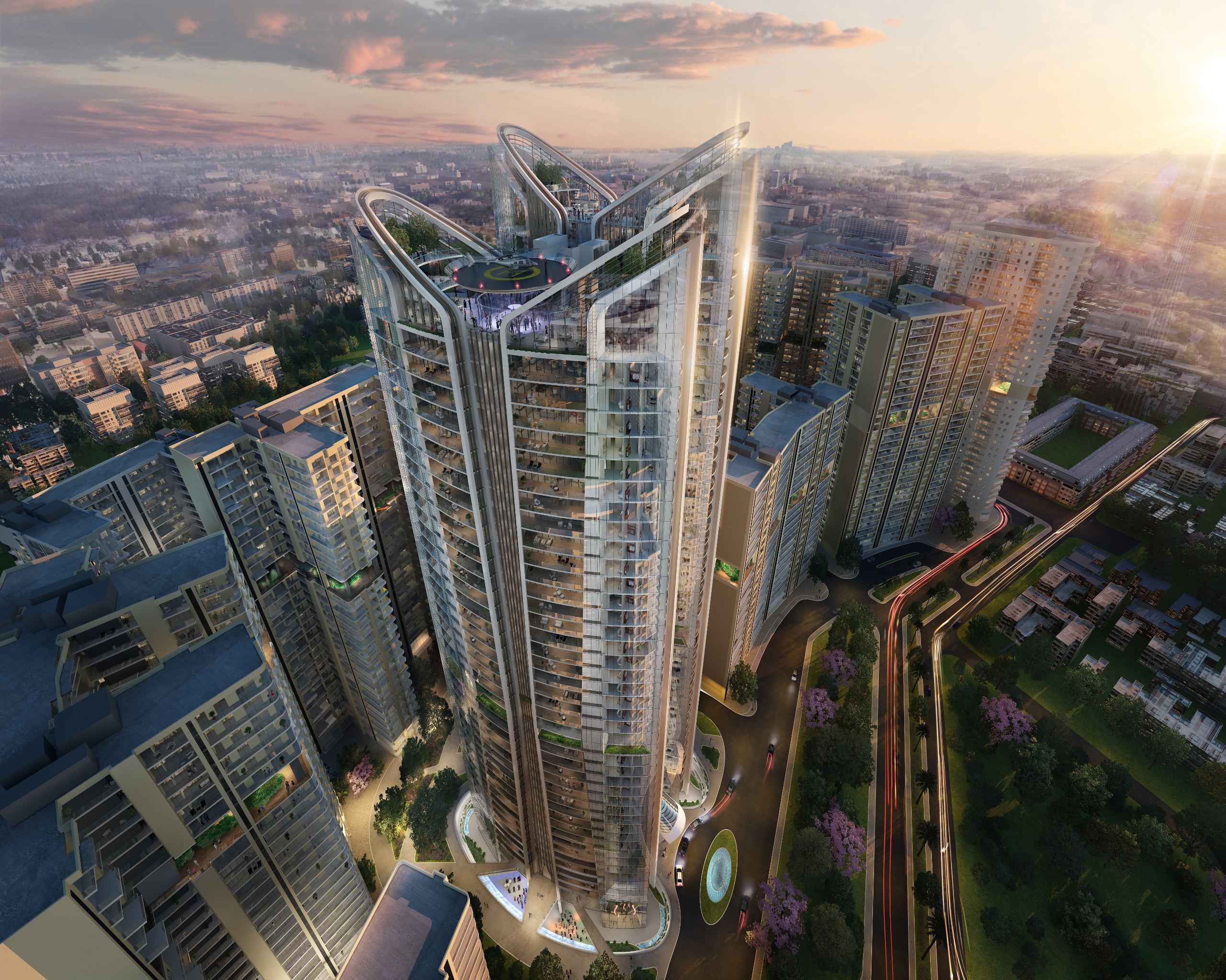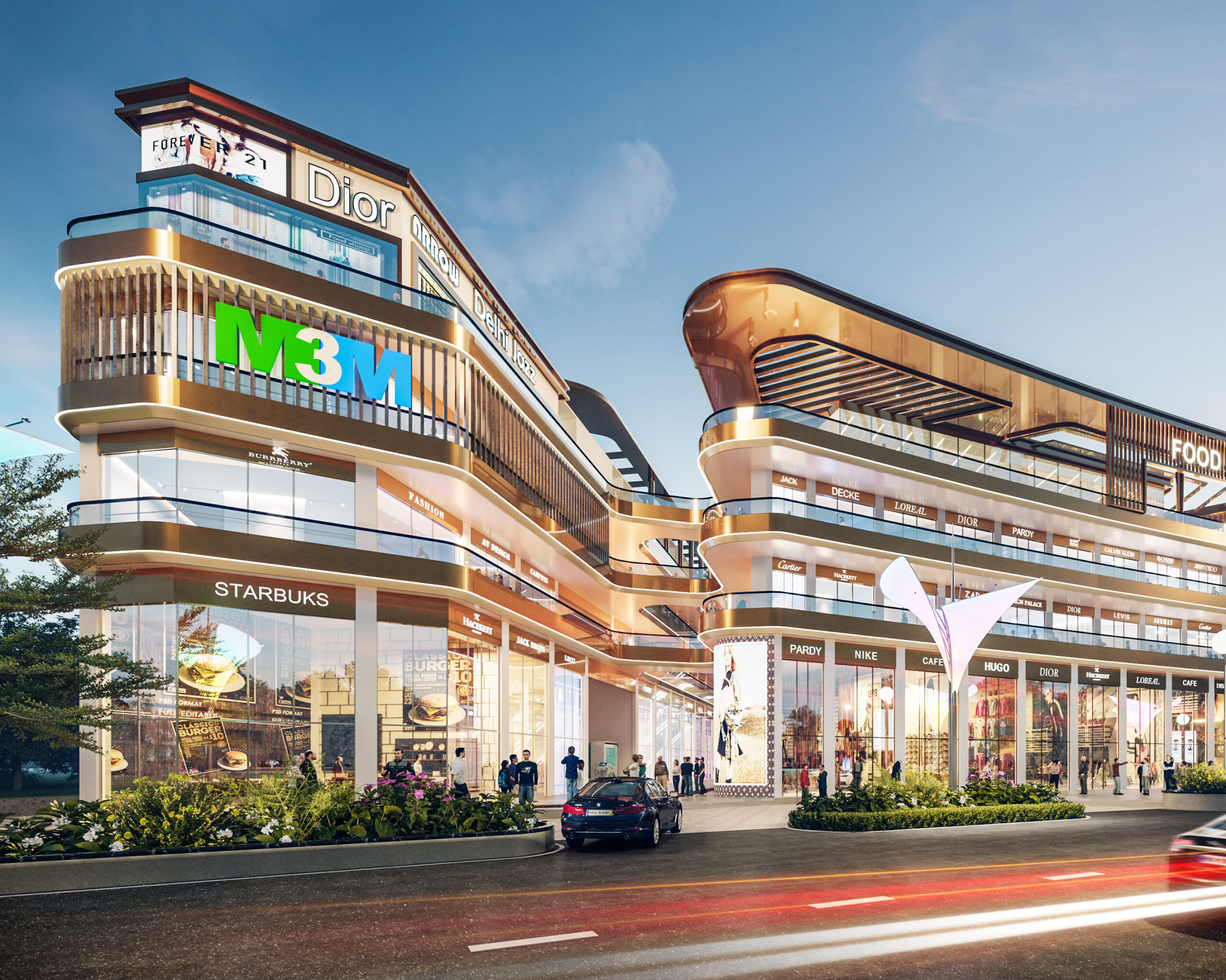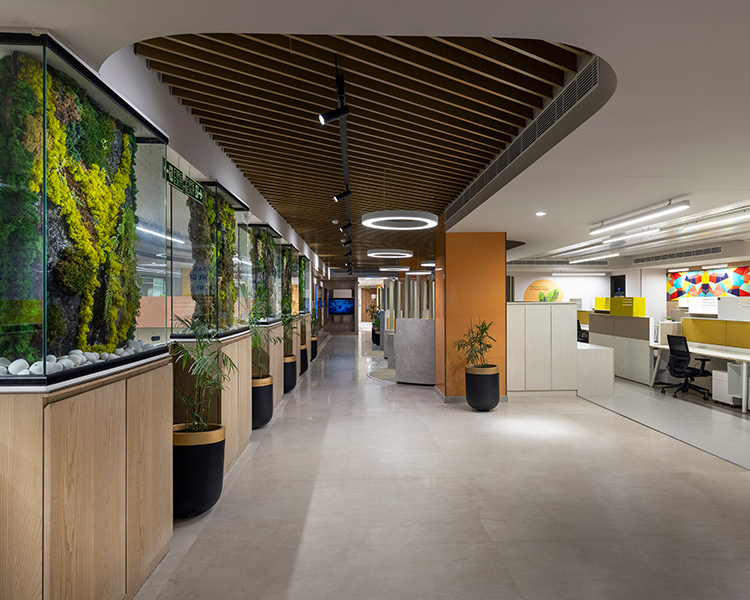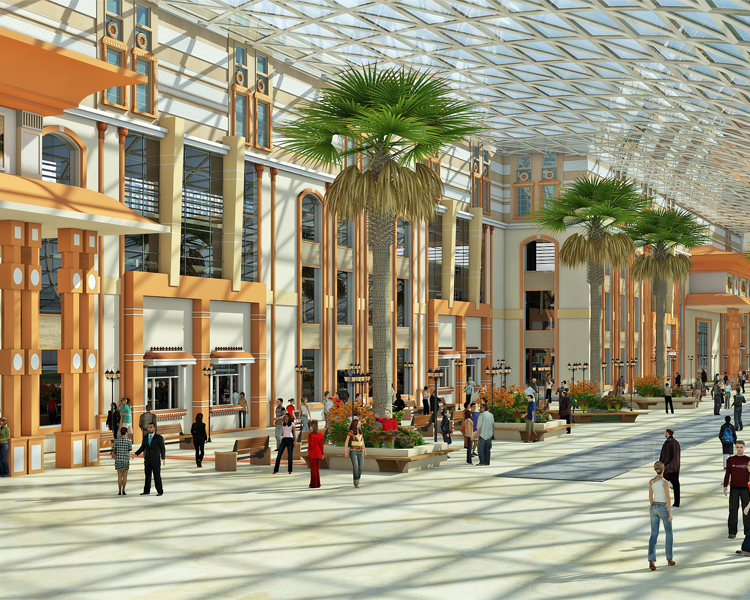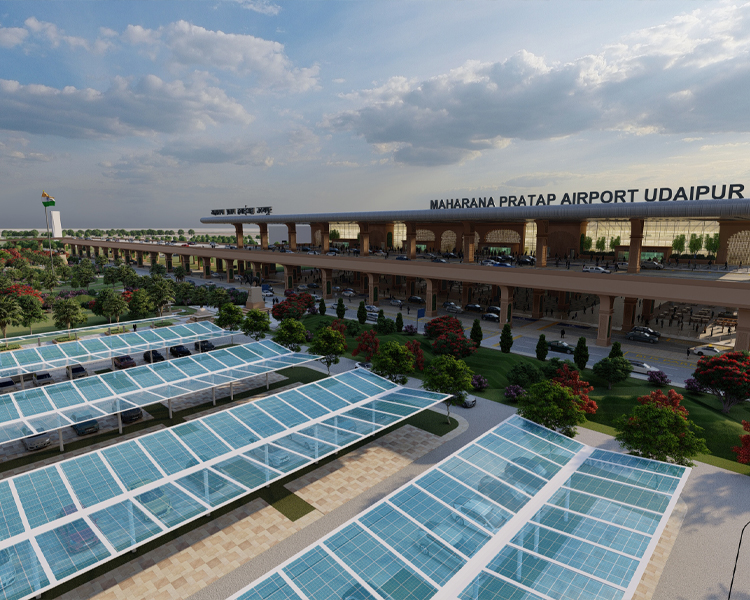AI is changing the face of hospitality architecture
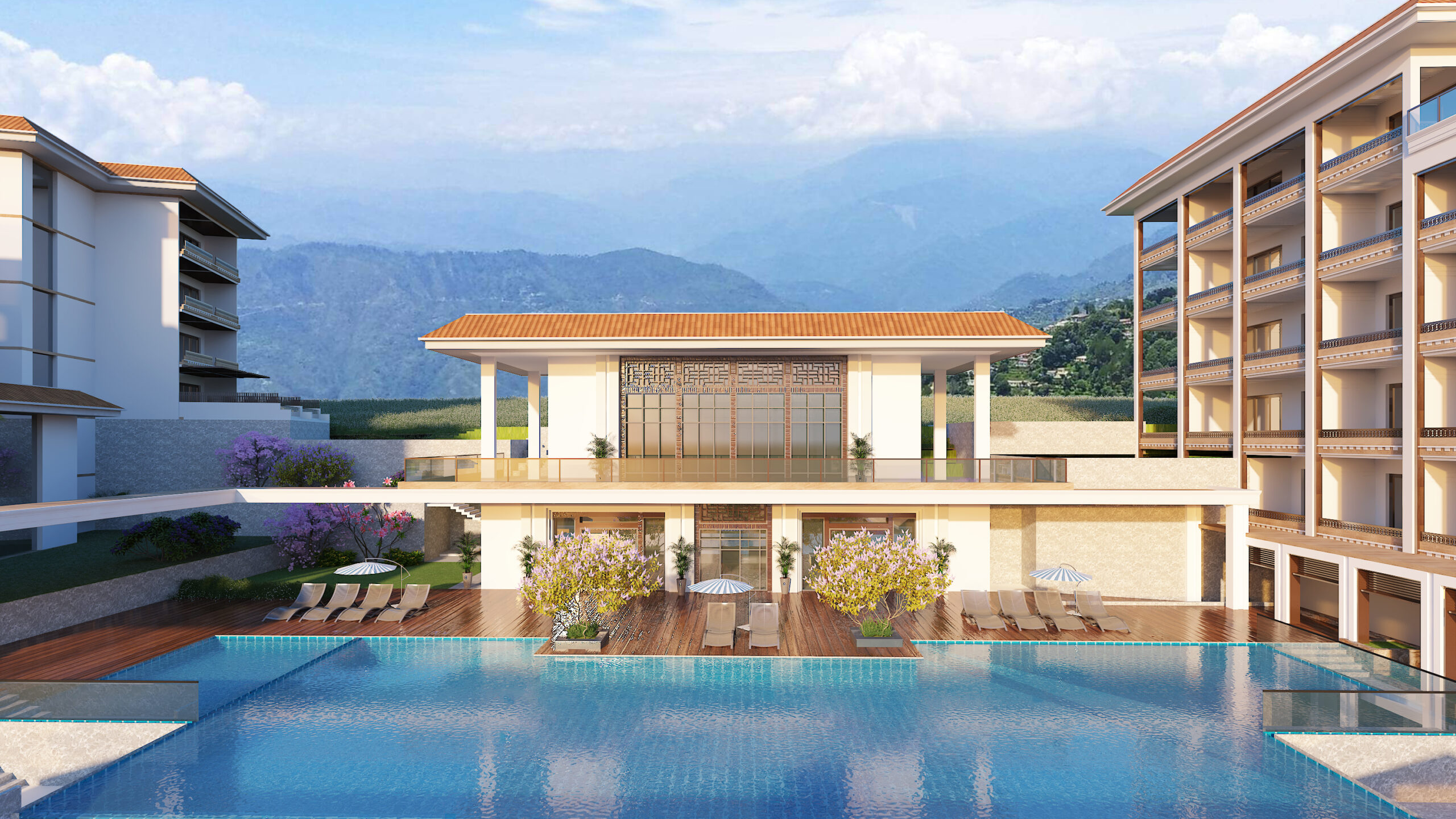
Artificial Intelligence (AI) is profoundly transforming the field of architecture; by leveraging advanced algorithms and data analytics, AI enables architects to design more brilliant, sustainable, and highly customised structures. It is revolutionising numerous industries, and hospitality architecture is no exception. This transformation is not just about futuristic designs or high-tech gadgets; it’s about creating more innovative, efficient, and personalised spaces that enhance the guest experience. Here’s how AI is changing the face of hospitality architecture.
Personalised Guest Experiences
One of the most significant impacts of AI in hospitality architecture is the ability to personalise guest experiences. AI algorithms analyse vast amounts of data from various sources, such as guest preferences, booking histories, and social media activity. This data-driven approach allows architects to design spaces that cater specifically to the needs and desires of their clientele. For instance, hotels can offer rooms with customisable features like lighting, temperature, and even room layout, providing a bespoke experience for each guest.
Efficient Space Utilisation
AI helps architects optimise space utilisation in hospitality settings. By analysing guest movements and behaviours, AI can suggest the best layouts for common areas and recreational facilities. This ensures that every square foot of a property is used efficiently, enhancing both functionality and aesthetics. Furthermore, AI can predict peak usage times for different areas, allowing for better planning and resource allocation.
Sustainability and Energy Efficiency
Sustainability is a crucial consideration in modern architecture, and AI plays a pivotal role in achieving this goal. AI-powered systems can monitor and control energy usage throughout a building, optimising heating, cooling, and lighting based on real-time data. This not only reduces energy consumption but also lowers operational costs. Additionally, AI can assist in selecting sustainable materials and construction methods, further minimising the environmental impact of new developments.
Safety and Security
Safety and security are paramount in hospitality settings, and AI enhances these aspects in several ways. AI-powered surveillance systems can detect unusual activity and alert security personnel in real-time. Additionally, AI can manage access control systems, ensuring that only authorised individuals can enter specific areas. These technologies protect guests and staff and contribute to safety and well-being throughout the property.
Integrating AI in hospitality architecture transforms the industry, creating more innovative, efficient, and personalised spaces. From enhancing guest experiences and optimising space utilisation to improving sustainability and security, AI is a game-changer. As technology continues to evolve, the possibilities for AI-driven innovation in hospitality architecture are limitless, promising a future where buildings are not only more intelligent but also more attuned to the needs of their inhabitants.
